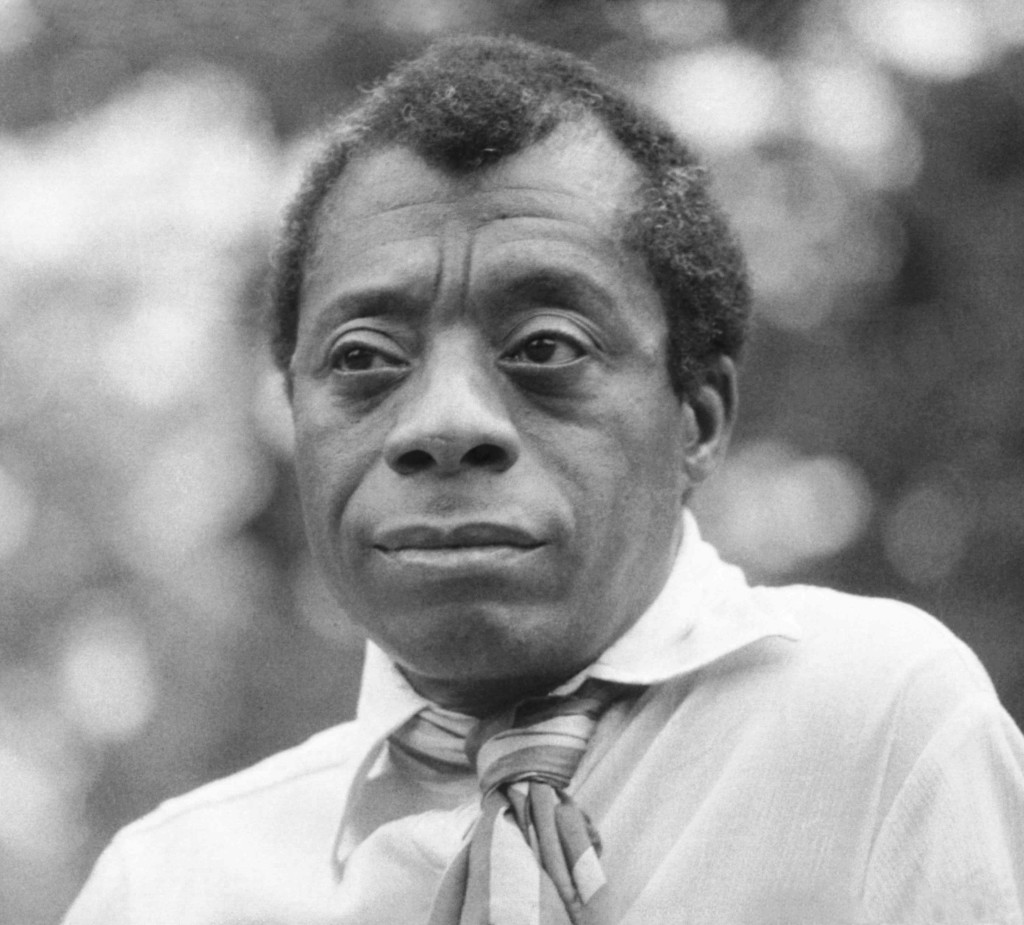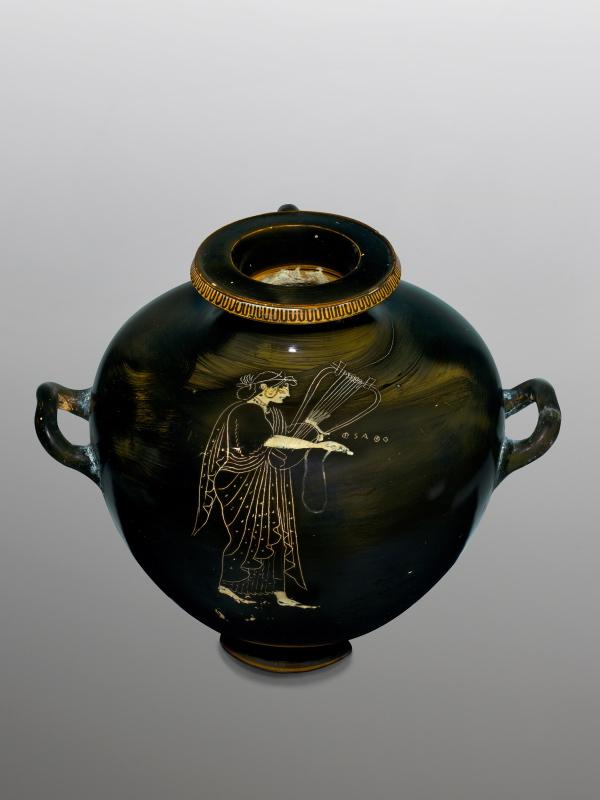
As those of us in the Northern Hemisphere prepare ourselves for the festival of Samhain to honor our ancestors, I wanted to take a moment and focus some attention on those I call the Rainbow Dead: the spirits of queer people who have passed on and who contextualize our diverse lineage extending back into antiquity.
Where other minorities at least have their biological families to offer them understanding and support, queer people usually find ourselves utterly alone in our family units, often being the only known queer person in the bunch, a condition that further magnifies a sense of isolation and the drive toward self-protective secrecy.
Perhaps this is why one popular slang term used within the queer community to refer to other queer people is “family.” We are a community that values families of choice, rather than just families of circumstance. We recognize the importance of forming bonds with others of like mind and spirit. We may not share a blood connection with them, and come from different cultures, religions, and ethnicities, but that hardly matters.
In the Craft, the coven is a type of family exemplified by the fact that, in many cases, we even honor some of the same ancestors. The Mighty Dead, being a collective term for those Witches of old who achieved a certain level of power in life and — having passed from the physical world — now offer power and inspiration to a new generation of Witches. They are invoked in our circles, offerings are made to them, and their stories are shared, enriching us all. We feel a connection to them based on life experience and worldview, even if we do not share an initiatory lineage. Historic figures such as Gerald Gardner, Doreen Valiente, Alex Sanders, Victor Anderson, and countless others are all honored in such a capacity in circles and covens around the world.

James Baldwin [Public Domain / Wikipedia]
To honor one’s ancestors is to know that the triumphs that we celebrate today are built upon the hard work of their triumphs… and their defeats. In terms of a Queer Craft, by which I mean a Witchcraft practice that is centered on queer lives and queer experiences, it is important to form a relationship with figures from queer history, and not just those within the Craft or occultism. Figures like Sappho, Oscar Wilde, Alan Turing, James Baldwin, and Edith Windsor each offer us an opportunity to forge spiritual bonds with those who helped to move the queer experience forward and, in so doing, to connect us more deeply to each other in meaningful ways. Their lives, loves, losses, and contributions each form the context by which we can begin to better understand ourselves, not just as individuals but as members of a nebulous and vibrant collective.
It is this nebulous nature that must be considered if one is to truly understand what it means to be “queer.” Those outside of that poetic umbrella are sometimes quick to assert that the diverse members of our “alphabet mafia” don’t legitimately belong together, that our lives and experiences are so vastly different that to associate us together amounts to an artificial construct and is therefore detrimental, somehow.
This argument is used to deny any number of people from having a seat at our table, whether that be aimed at bisexuals, aro/ace individuals, or trans people. What these people fail to understand is that despite our differences, we share a common history and are each the inheritors of a culture steeped in the life experiences of a diversity of queer people everywhere throughout time.

Kalpis painting of Sappho by the Sappho Painter (c. 510 BC). National Museum, Warsaw [public domain]
We often know who we are at an early age but are afraid to let others know, keeping our true selves a secret, even from our closest friends and family. We try to “pass” to avoid scrutiny. If we do reveal ourselves or are otherwise discovered, we are often threatened or worse. And if we are not, the fear of it is an intense motivator to keep one’s true self hidden from view.
Fortunately, in many parts of the developed world, where acceptance of queer people has been increasing, and the environment is gradually becoming safer for queer folk to reveal themselves, more and more of us are feeling comfortable doing so. The shadow of this, however, is that some ignorant people —seeing an increase in queer visibility— assume that this means that somehow people (and especially children) are being encouraged or even coerced into becoming something that they are not. This is not only wholly unsupported by any level of facts but is really just a newer manifestation of an age-old bigoted trope (once leveled toward Witches and Jewish people) that targets queer people and labels us as predators of children. This assumes that heterosexuality is “the norm” and that all else is an undesirable (and unnatural) state. This is bigotry, plain and simple.
I knew that I was different as early as five years old. I knew that I was attracted to other boys, though I did not possess the intellectual understanding to know what that meant. I did, however, learn very quickly to keep it a secret from my peers and from my family. Because of my lived experience and because I also happen to know several families with queer and trans children, I can assert with full knowledge that queer and even trans children are normal and they deserve our love and protection, not a blanket denial of their existence.
I am a cisgender gay man. I do not share the exact same life experiences as a trans woman, for example, but then again, I also do not share the exact same life experiences as other cisgender gay men. But there is a commonality between us. We may be different genders, different races, and have different desires and life experiences, but collectively, we share a common experience: we are “othered” by the mainstream culture, smeared by their religions, and often oppressed by their laws for the “crime” of being sexually different. Not because we have harmed or coerced anyone but simply because our sexual desires are different than the mainstream. To them, it is “unnatural.” To us, it is the very affirmation of our nature.

Congresswoman Carolyn B. Maloney and Edith Windsor at the 2016 Dedication of the Stonewall National Monument [public domain]
It is for this reason that I feel it is important, especially for queer people, to form friendships and bonds with others who are unlike themselves, lest we fall into the spell of blind isolationism like so many of our straight friends and colleagues who are unable to see as legitimate a life outside the white picket fence and the 2.5 children.
To better round out our understanding of the queer experience, gay men need to explore the lives and contributions of queer women, just as lesbians should learn about queer men. And we all need to include others from our shared rainbow tapestry into the mix: trans folk, aro/ace, non-binary, two-spirits, etc. If you do not have friends or at least acquaintances in these categories, then let this be a wake-up call.
Wherever we may find ourselves on the rainbow, let us remember that it takes all the colors to make it complete. We all have a lot to learn from each other, as well as a lot to offer.
The Wild Hunt is not responsible for links to external content.
To join a conversation on this post:
Visit our The Wild Hunt subreddit! Point your favorite browser to https://www.reddit.com/r/The_Wild_Hunt_News/, then click “JOIN”. Make sure to click the bell, too, to be notified of new articles posted to our subreddit.